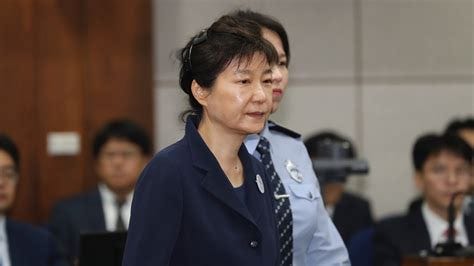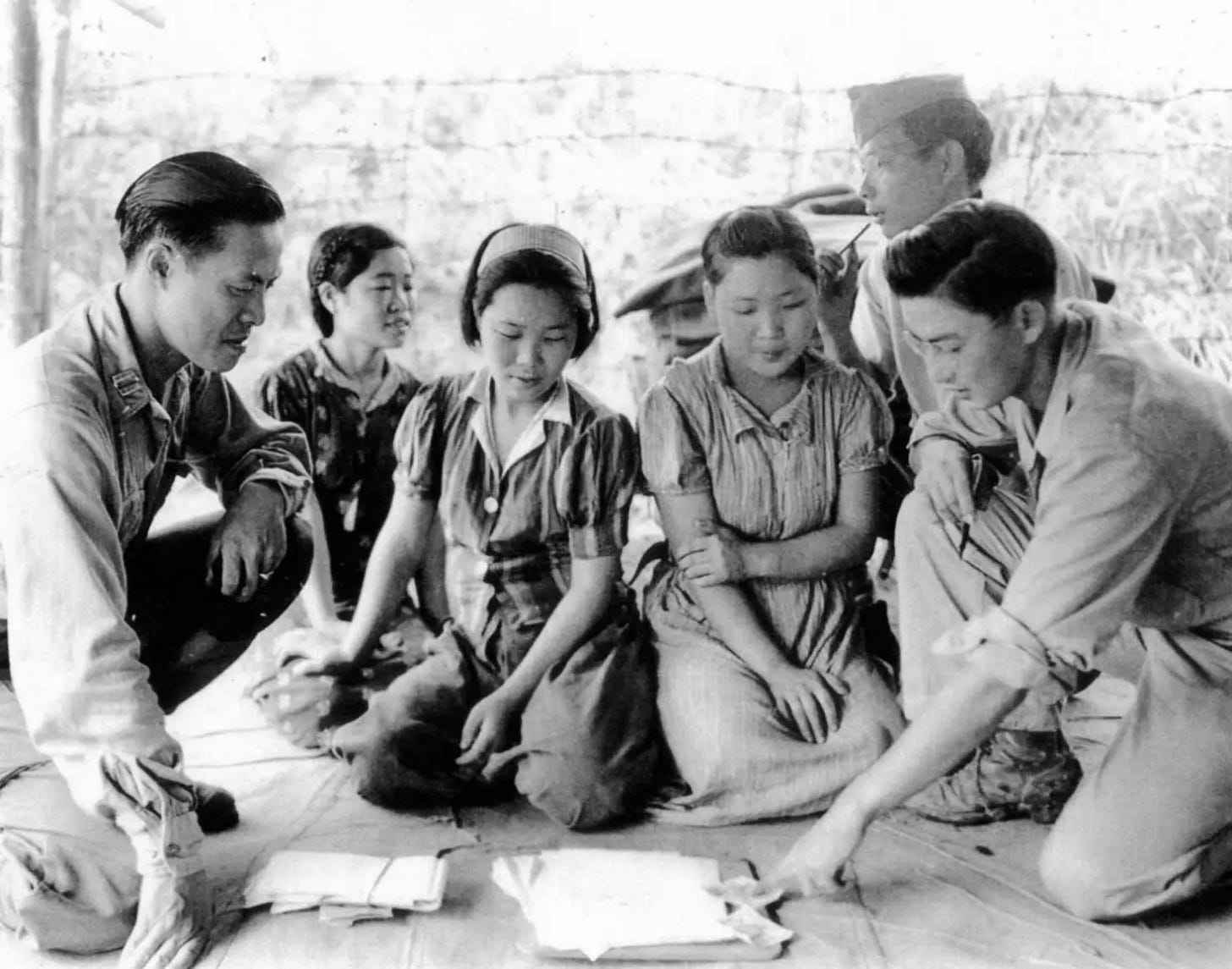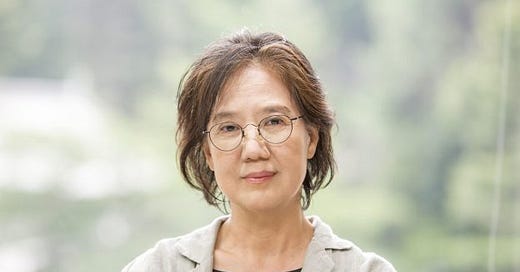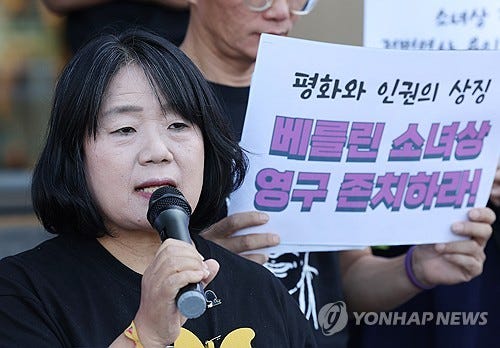Book Review: Park Yuha, History and the Opium of Wishful Thinking.
Comfort Women of the Japanese Empire: Colonial Rule and the Battle over Memory
Comfort Women of the Japanese Empire: Colonial Rule and the Battle over Memory
Park Yuha
Routledge, 2025
Originally published in South Korea, 2013, and in Japan, by Asahi Shimbun Publications, 2014.
The title of Professor Emerita Park’s book collection of essays is perhaps a signal to readers of her stance on the Korean comfort women issue: Korean comfort women were victims of Imperial Japan and therefore the descendants of a long defunct empire must accept innumerable levels of responsibility, from moral, political and social to financial. For those who have studied the Korean comfort women issue, the overarching theme of the book, of Japanese responsibility and Japan must to go beyond previous attempts to address restitution, is nothing new.
For those new to the Korean comfort women controversy, they will appreciate Park’s effort in deflating myths, such as why the Korean “comfort women cannot be equated with Holocaust victims,” as their supporters, including their most strident, the Korean Council for the Women Drafted for Military Sexual Slavery by Japan (or “Korean Council”), have claimed and that the Korean comfort women cannot be confused with members of the wartime volunteer labor corps. Furthermore, Park expends much effort showing that the Korean Council is at the core of the myths underlying the Korean comfort women issue as it is the Korean Council that manages the Korean comfort women and their message.
Park points out, among other things, that not all Korean comfort women were “forcibly recruited” and transported to Japanese comfort stations, that the women were not “sex slaves” and that Koreans openly participated in recruiting comfort women. Some women gave into through deception. Some women were sold by their kin and others ran away from home to become a comfort woman. Most of these points on the Korean comfort women have been elaborated elsewhere, such as Professor Hata Ikuhiko’s “Comfort Women and Sex in the Battle Zone,” published in 1999 in Japanese, a prime source for facts and figures on the comfort women issue. Japanese and South Koreans have published a slew of rebuttals to the Korean Council’s narrative: Korean comfort women were victims of Japanese imperialist, racist, sexist and patriarchal aggression.
For the rest of us who can read neither Japanese nor Korean, a few insightful discourses in English on the comfort women issue emerges every so often, such as Professor Sarah Soh’s “The Comfort Women,” published in 2008, one of the first American books to point out the mismatch between what activists say and what the Korean comfort women really said.
The English translation of Hata’s book was published in 2018. Unlike Soh and Park, Hata avoided anti-imperialism rant. Likewise, Professors Mark Ramseyer and Jason Morgan recently published their findings on the comfort women. Like Hata, Ramseyer and Morgan eschewed politically correct cant and struck at the core: uncovering the Korean comfort women activists’ link to North Korea as well as refuting the activists’ outrageous claims. Park’s book, finally translated into English, will help to further illuminate the comfort women issue for those outside of Japan and Korea.
Park inevitably attracted the ire of the Korean Council and others for her allegedly “appalling interpretation” of the Korean comfort women’s words. Following the publication of the Korean edition of her book, the Korean Council sued Park and pressed criminal defamation charges. A regional court found her not guilty but the Seoul High Court found her guilty, fining her and ordering her to cut out “objectionable” passages from her book. Almost 10 years later, following intervention of the Supreme Court, the Seoul High Court reversed its verdict, acquitting Park.
The verdict of acquittal is in keeping with the Korean Constitution’s guarantee of freedom of academic study, of “freedom of learning” (Article 22). At the same time, however, the Constitution also guarantees every Korean’s undefined “human worth and dignity” (Article 10) and warns that speech shall not violate similarly undefined “honor or rights of other persons…” (Article 21). The authorities alleged that Park’s book, an expression of “freedom of learning,” violated the Constitution. With Park’s acquittal, academic inquiry appears to have won this time. Perhaps next time, the state will be chided by victims groups to put “honor” and “dignity” over facts.
Indeed, the Korean government has all but stated that its heavy handed treatment of Park was motivated by her book’s espousal of the “wrong” view of history. When she was initially found not guilty in 2017 and then again in 2024, her supporters expressed concern for “Korean democracy.”
With respect to “democracy”, on December 3, 2024, South Koreans demonstrated how bereft of meaning the phrase “Korean democracy” is. No one needs to look far into South Korea’s past to clearly see that “Korean democracy” is an oxymoron.

Park nonetheless became a martyr for those battling the Korean Council and its “comfort women as victims of Japanese aggression” narrative.
As illuminating Park’s book is, she makes puzzling assertions that her supporters have not addressed or have yet to address. Most of all is her assertion that responsibility for all Korean comfort women lies ultimately with Japan. She states that “it was the Japanese state that constructed the situation that made the comfort women a necessity, so we can say that Japan was the true slave master.” (p. 81) Later, Park declares, “As long as it is agreed that the issues of comfort women and imperialism are interconnected, there is nothing problematic in the Japanese and Korean supporter groups’ critique of Japanese imperialism,” (p. 193) and “…needless to say the responsibility for making these women experience hell rests with the Great Empire of Japan.” (p. 206) As Korea was a colony of Japan, based on her thinking, she concludes that Japan must apologize for its colonial rule of Korea (p. 156). Park’s proposed approach in settling the comfort women issue is for the governments of Japan and South Korea, along with “national consultative bodies composed of all interested parties,” “start a dialogue” to reach an “agreement” (p.199). Then, somehow, the public on both sides will approve an “agreement”. The Asian Women’s Fund was mentioned, but how it would fit in this “agreement” and whether money is to be sent to Korea are not clear.
One interesting point Park made that was chastised by Park’s critics was the statement:
“The use of opium is mentioned in a number of [Korean comfort women] testimonies, but while it was used as a painkiller, it was also used to make sex more enjoyable.” (p. 87)
The wording of this sentence is different in the Korean and Japanese language editions, but Park was conveying the thoughts of Korean comfort women, transcribed and approved by Korean Council. Rather than being “appalled”, as one critic lamented, why was the comfort women’s statements on drug use not further investigated for accuracy? Park cites one comfort woman: “[Japanese] soldiers secretly injected me.” Park does not bother to explain how one can be “secretly” injected. Interestingly, Koreans appear to have picked up opium abuse from China. Furthermore, Korean opiate addicts appear to favor morphine injection over opium smoking and believe that using narcotics would “enhance sexual prowess.”
Park then goes on to suggests what lies behind the allegation of drug abuse: “it is simply presented as more evidence of the evil intent of the Japanese military.” (p. 87) Again, while others have praised Park on bringing candor rather than emotional heat into the Korean comfort women issue, no one has pick up on a loose thread like this, that comfort women abused opioids, and, furthermore, it was Japan’s fault. With respect to the issue of Japan’s wartime opioid monopoly, what one does encounter on searches is a lurid comic book version of history, based on “statements from individuals who were in a position to know,” rather than actual global drug control policy and the facts surrounding Japan’s efforts to control opium trafficking.

Oddly, her supporters have not objected to Park’s main and other assertions. For example, on one hand, Park claims that Yoshida Seiji’s 1983 book (Korean edition published in 1989), wherein he has claimed to have kidnapped hundreds of Korean girls, later proven to be entirely false, “did not wield that much influence in spreading around the world ideas about the forced transport of comfort women.” (p. xxxiii) On the other hand, she later says (p. 23) that Yoshida’s book is still cited “as evidence of the “forced recruitment” of women,” including in the 1996 Coomaraswamy report, in which Yoshida’s book was cited as evidence of Japanese “forced recruitment” of comfort women (p. 120). There are other statements that should be verified, such as her claim that “In China, Japanese soldiers frequently raped Chinese women whom they saw as the enemy…” (p. 16) Park credits Senda Kako’s “Military Comfort Women: The Indictment of 80,000 voiceless women” (published in Japanese, 1973) as first raising awareness of the Korean comfort women issue, whereas others cite Yoshida’s fictional tales as raising awareness to the level that it is today. In fact, the Asahi Shimbun, the second largest newspaper in Japan by circulation, needed to retract all of its comfort women articles that used Yoshida as a primary source.
There appears to be at least two camps supporting Park, with a lot of light between them. There are those who praised her earlier editions, demonstrating that the real lives of the comfort women did not fit within the Korean Council’s victimization narrative. At the same time, there are those who defended her right to publish findings and objected to the state’s interference at the behest of the Korean Council. Supporters of free inquiry, however, have made little comment on the comfort women issue.
Current Western thinking on prewar and wartime Imperial Japan can be attributed to incomplete thinking owing to missing voices and facts, in turn, owing to a lack of expertise on reading and comprehending source documents written Japanese and relying solely on English language documentation. A few Western scholars have done much to fill in the gaps but unvarnished hate propaganda nonetheless persists (e.g. “Traditions and Encounters”, Bentley, Ziegler and Streets-Salter, 2015).
At the same time, most modern histories of pre-war and wartime Japan written in Korean are entirely lacking in nuance and reflection. The mental spanner that inhibits full historical reflection in Korea is the Korean concept of han. Try as all Japanese prime ministers and government officials might and all the money they shovel to Korea, the Koreans will never, ever, forgive Japan, not “even after a thousand years have passed.” In Park’s book, one Korean comfort woman defiantly stated, “I will not forgive Japan until the emperor kneels down in apology in front of me!” (p. 190) Given current Korean thinking on the comfort women issue, despite compelling evidence contrary to the narrative and the exposure of the Korean Council and its treasonous leadership, Korean behavior does not appear to be in for change anytime soon.
Park takes on a similar tone, every so often mentioning reparations (at least seven times in the book) and compensation (over 50 times in the book). Words like “moral responsibility” and “justice” also pop up throughout her book. To Park, Japanese “denial” of responsibility for the comfort women issue sounds like blaming Korea for the comfort women issue; it’s your fault, so you deal with it!
Park’s book presents a fascinating picture: Japanese historians picking at shiny specks of real Korean comfort women history lying within at deadly minefield of han. Now that Park’s book is in English, perhaps historians will be able to deactivated the mines in addition to picking up nuggets of historical truth.







Great stuff. I actually stumbled across the book last weekend at a bookstore. It was priced for libraries only, selling for ¥30,000. Did you pay that much?